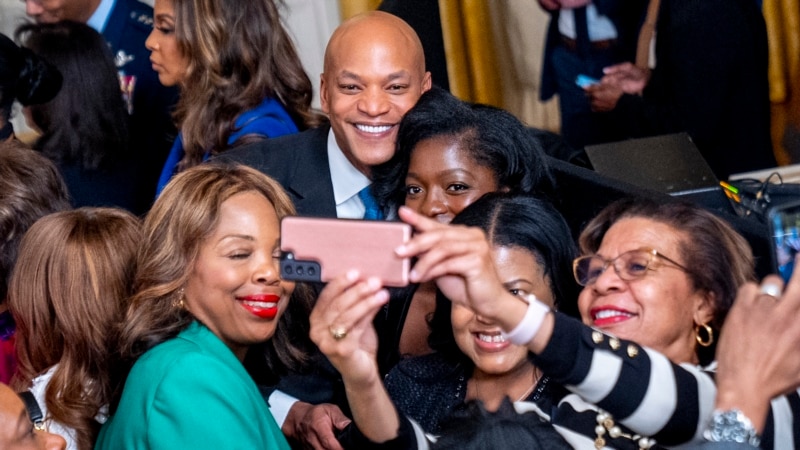
Black History Month, which began Feb. 1, has been recognized in the United States for 48 years as a time when governments, organizations and individuals celebrate the struggles, achievements and central role of Black Americans in U.S. history.
How was Black History Month designated?
The month was officially recognized in 1976 by former President Gerald Ford, who said that the month was to “honor the too-often neglected accomplishments of Black Americans in every area of endeavor throughout our history.”
Its origin stems from Negro History Week, a celebration created by Carter G. Woodson in 1926. Woodson was a historian, journalist and author who sought to expand the study and celebration of Black history in the U.S.
The second week of February was chosen to align with the birthdays of Abraham Lincoln and Frederick Douglass, according to the NAACP.
The establishment of celebrations across the nation led to calls to expand the week into a month, to which Ford later obliged.
What is the government’s role in Black History Month?
Since the month was officially recognized, every U.S. president has issued a statement to honor it. Many municipalities and state governments also issue statements each Black History Month to commemorate the struggles and achievements of Black Americans.
New York City Mayor Eric Adams issued a statement Feb. 1, recognizing the month and highlighting the steps he says still need to be taken to achieve racial equity, particularly concerning health care disparities affecting women of color.
Other local leaders have organized events to commemorate the month, with Washington Mayor Muriel Bowser hosting her inaugural “Welcome Black” event at the beginning of the month, showcasing local Black artists and performers.
This year, President Joe Biden issued a proclamation highlighting the importance of the celebration and noting the actions his administration has taken to advance racial equity throughout the United States. Some examples include providing more than $7 billion in funding for historically Black colleges and universities and implementing elements of the 2021 George Floyd Justice in Policing Act, aiming to mitigate police brutality.
However, according to a Pew Research poll in August 2023, 52% of adults say efforts to ensure equal rights for all people within the past 60 years haven’t gone far enough. Additionally, about a third of Black Americans (32%) believe America hasn’t made much or any progress on racial equality in the past 60 years.
How is the month celebrated today?
Civil rights organizations often take the lead in celebrations.
The NAACP, founded in 1909 to ensure equality for minorities and eliminate racial prejudice in the U.S., its website says, operates in seven regions through state conferences, local branches, youth councils and college branches.
Many of these branches and chapters organize Black History Month events throughout February.
For example, the Boulder County, Colorado, NAACP branch is organizing a Freedom Fund Celebration event on Feb. 18, where R&B artist Danielle Ponder will perform and author and activist Anthony Ray Hinton will be sharing his story and discussing criminal justice reform.
The Fairfax County, Virginia, NAACP branch is holding a speaker’s event on Feb. 24, with guest speaker Marvin Powell discussing the theme of “Black Privilege.”
Other organizations have chosen to rebrand the month to focus on Black history and emphasize the present and future.
Black Lives Matter has reframed the month to Black Futures Month, a “forward-looking initiative inspired by Black movement leaders,” according to its website.
To celebrate the occasion, Black Lives Matter will be holding Music Mondays, Tech and Innovation Tuesdays, Wellness Wednesdays, Throwback Thursdays and Film Fridays. Each of these days will spotlight aspects of Black history and contemporary Black achievements for each theme.
Some information for this report came from The Associated Press.
